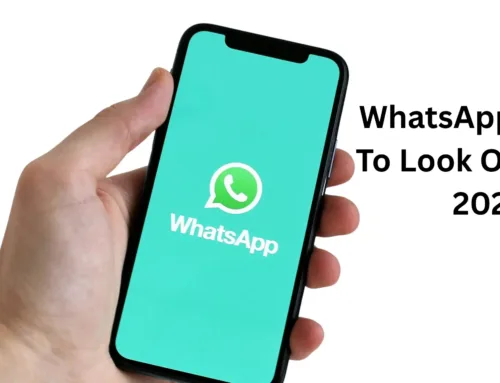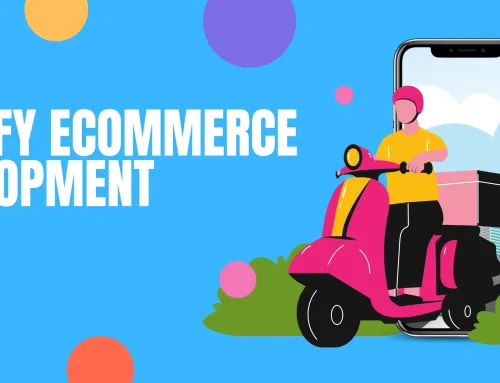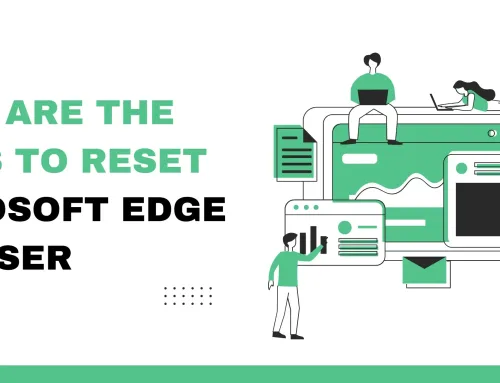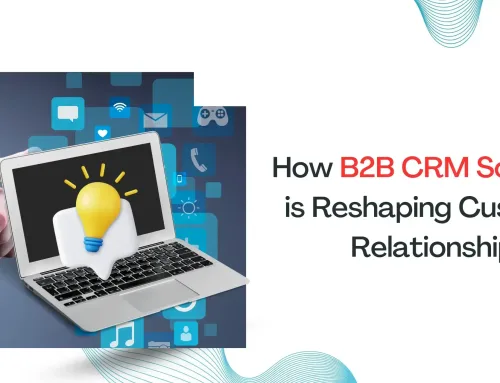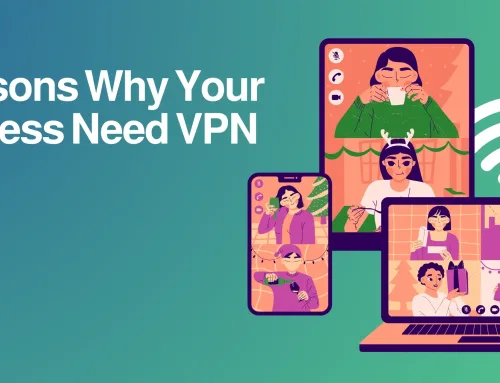We don’t want you to focus on perfection because it’s an energy drainer aspect! But what if we told you that there’s a way you could improve your fleet accuracy, specifically in optimizing routes and schedules, without focusing all your energy there? It’ll be a thrill, right?
Well, the thing is GPS tracking, and we will show you how this system can automate your routing and scheduling process to achieve accuracy ultimately.
Let’s even surprise you with stats – their market was valued at $2192 million in 2021 and is expected to grow at 12.6%, CAGR to reach $6378 million by 2030!
Indeed, it’s high time that every fleet manager determines their typical tracking solutions to be part of this growth and also achieve safety and streamlined routing and scheduling processes.
Are you ready to understand how a GPS tracking solution can help you optimize the routes and schedules of your fleet? Let’s go!
What is GPS Routing and scheduling?
GPS route planning is technically a process involving GPS advancements to determine the best routes a business should take and yield the most! Among the factors you should consider when finding an ideal route include delivery schedules, distance, traffic, customer expectations, etc.
This process is often quite demanding and requires automating it using GPS trackers. An efficient GPS tracking fleet management process typically results in an improved dispatching process, real-time tracking, low operational costs, improved customer satisfaction, and improved accuracy. Subsequently, economically, timely, and safer route planning is achievable!
And let’s see how!
How GPS Tracking Solutions Can Help in Route Planning
1. Location Determination
Let’s face it: You’re only planning for routes and schedules to get a product or service to a specific place – location. But are you ever going to know every place, given the large number of customers you may have? Not really, and that’s where GPS trackers come in handy!
They are designed to designate the exact location of your receiver regardless of the part of the world they are in, as long as the receiver issues accurate details. Ideally, drivers can navigate even the most complicated routes with precision and accuracy.
2. Digital Mapping
In addition to determining location, GPS tracking tools often have databases of correct maps for different places worldwide. This combination is valuable in creating awareness to the customers, drivers, and back office attendants of the vehicle location and the route it chooses to use at any particular time.
3. Changing Routes Where Necessary
No matter how well you plan a route, we can’t nullify that a disruption can often occur while your drivers are on the road. Say, for instance, if there’s a sudden safety concern a few kilometers from where your driver is headed, would they continue driving on the same route? Certainly, no, because they are a valuable resource for your business!
So, what do you do? Securing your driver and the vehicle will be too late without a GPS tracking solution to reroute the driver. Ideally, a tracker can identify inefficiencies to send an emergency call out in real time and help you plan another route.
4. Route Calculation
Planning the most efficient, economical, and safe route with the exact location and mappings is easy. Moreover, these systems allow you to account for any constraints in any typical route and plan accordingly. For example, you may notice a traffic jam on a given route and schedule your fleet to depart when the jam lessens. This is because most GPS trackers provide real-time traffic details by assessing traffic info, such as road closures, accidents, and congestion.
Features to Look for in a GPS Tracker
Even when GPS trackers can promote the accuracy of the routes and schedules of your fleet, be selective on the tracker you select based on the following features;
1. Ease of use
A tracker shouldn’t be complicated to use but should have an intuitive and simple interface to allow quick routing and scheduling even by new users.
2. Compatibility with your Current Devices
Consider that you’re not purchasing anything new except the tracker. So, ensure that your current systems will swiftly compact with the GPS solution you are purchasing to avoid losses and damages.
3. Preference
What are the most important needs you want to satisfy with a tracker? Is it real-time route tracking, access to data on vehicle performance, and alerts on theft and safety issues?
Choose a tool that resonates with your needs, but at the same time, consider one that has the most functionalities.
4. Geofencing
Geofencing is a critical feature when it comes to route planning. Typically, it involves creating virtual geographical boundaries to limit your drivers from passing the areas you don’t want. Usually, you will get alerts and notifications if a driver intends to pass that region in real time.
Similarly, if a driver uses a route you do not want, you can redirect them and achieve your business goals.
Conclusion
Now you know the extensive functionality of GPS trackers in optimizing routes and schedules accurately. Again, you can get a typical tracking solution to properly serve your needs and plan routes.

